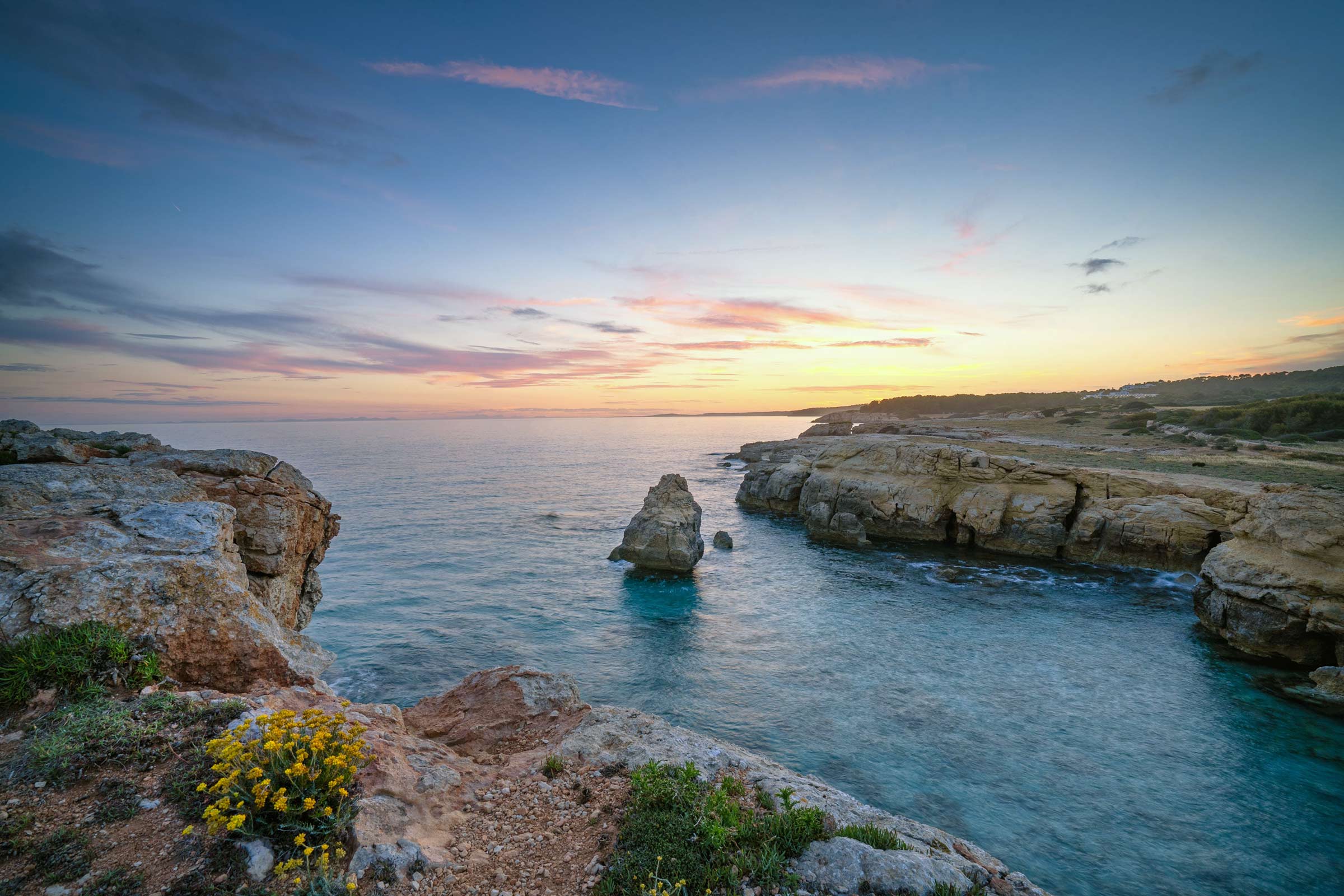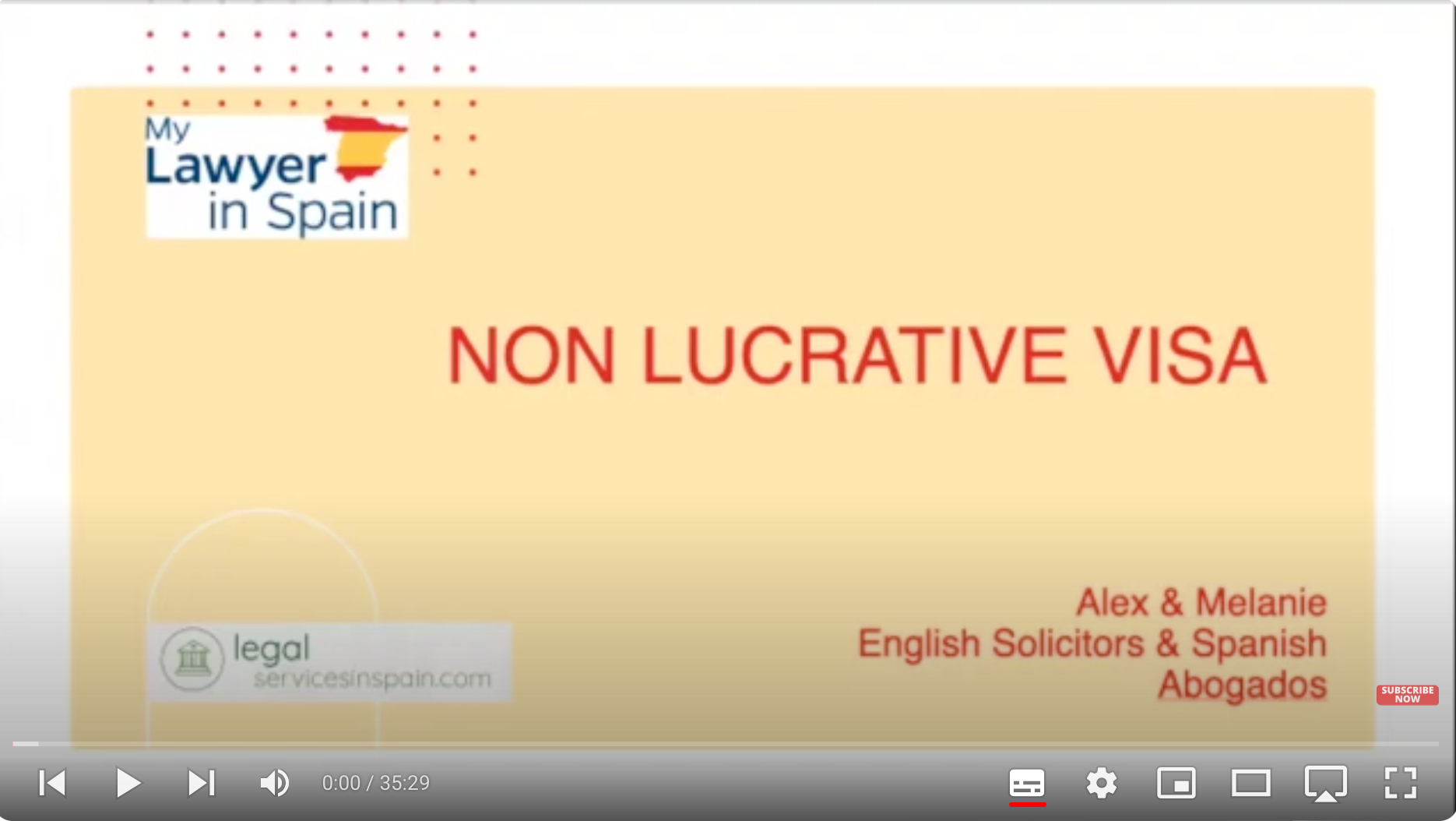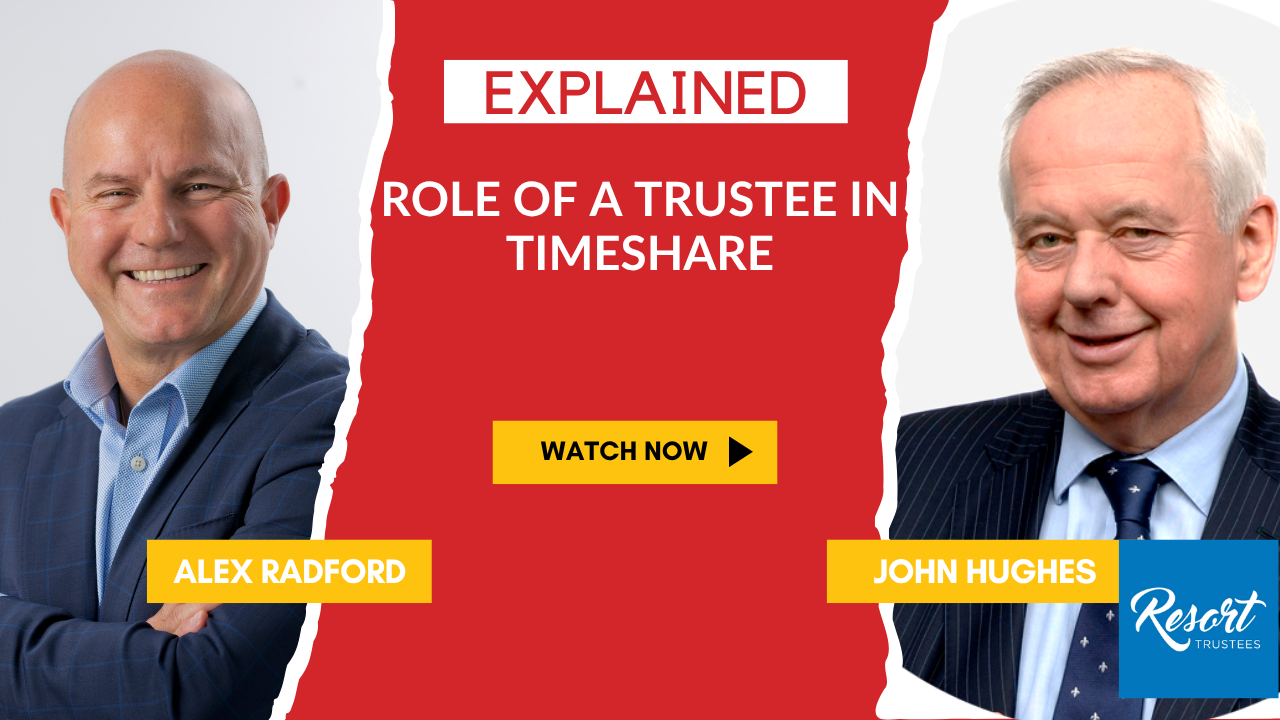Community of Owners in Spain – What you should know
If you own a holiday home at a complex in Spain you must be aware of the applicable legal system and your Community of Owners´ internal rulings as described in the Community Statutes which will definitely affect your property and your rights or duties as an owner.Do not ignore the Community of Owners General Assembly Meetings as if you do you may miss the opportunity to vote on important decisions such as annual budget approval or maintenance costs which at the end of day will affect your pocket.
At the General Meetings all the owners of the complex are invited to attend although those owners who are not up to date in the payment of the Community fees are only allowed to attend but they will in general terms be excluded from their right to vote.
It is essential to ascertain that the Meetings are valid in accordance with the Law and the Community Statutes as the agreements agreed at a Meeting which has not complied with the said requirements may not be valid.
The Meetings should observe the following requirements:
1.-Previous step: official notice of the general meeting:
- The Meeting should be called by the President of the Community (or by those Owners who have suggested it if the President does not) either personally by the President or through the Secretary or Administrator.
- There is a minimum notice period of six days for Ordinary Meetings which can be extended under the Statutes but never shortened.
- Notice should be sent to the address of each owner or through the publication on a notice board or common place used for the publication of announcements.
- The Notice should contain the date, hour (there must be at least 30 minutes between the first and the second calling of the general meeting) and the place in which the Meeting will be held, as well as the Agenda for the Meeting.
2. – General Meetings and voting:
All owners may attend the Meeting, in person or through a representative, and those who are up to date in the payment of the Community fees will decide and vote. Exceptionally debtors will be entitled to vote if they have either disputed their debts judicially or deposited the funds with a Judge or Notary or if there are certain rules re quorum.
In what regards the quorum requirement, if a majority of owners representing the participation shares (quotas) are not present at the time of the first calling of the meeting, the meeting shall be called again on second call without the need for a quorum.
Requirements for voting of resolutions will vary depending on the kind of agreement or decision to be taken.
- Unanimous vote: amendment of constitutional deed (i.e. quotas) or Statutes.
- Qualified majority of 3/5 (Owners and Quotas) for establishing or removing common elements of general interest (i.e. security).
- Majority of 1/3 (Owners and Quotas) for agreements on special occurrences, as per request of any Owner, in connection with common infrastructure for access to telephone and television, as well as new energy systems (i.e. solar power).
- Simple majority: the remaining resolutions.
Owners who do not attend general meetings that require unanimity or a qualified majority will be considered to be in favour of a resolution if they do not declare their disagreement by any reliable means during the period of 30 calendar days from the meeting.
3. – General Meeting Resolutions and Minutes:
The Minutes of the meetings will be drawn up by the Secretary and filed in the Book of Minutes (which must be recorded by the local Land Property Registrar) and signed by the President. A copy of the Minutes must be sent to each Owner.
The Secretary must keep all the documentation (notices, communications, authorisations and other documents) for five years.
The resolutions/decisions of the General Assembly (Meetings) can be challenged in the Courts under certain circumstances i.e. They are contrary to the Law or to the Statutes (i.e. the General Assembly notice is not observed or the Minutes do not reflect what really happened in the meeting)
The resolution/decision must be challenged within the period of time legally stated (one year or three months depending on the case) which begins to run from the notification to the Owners in the terms set out (individually or by notice board).
The resolutions can be challenged by the President who represents the Community or by any owner who considers that it is convenient as long as he is up to date with Community fees (although there are some exceptions to this general rule).
The agreements contained in such challenged resolutions will be:
- Voidable agreements (those which imply a breach of the Community Statutes or the Horizontal Law Property, these agreements can become valid under certain circumstances).
- Automatically void agreements (those that imply either a breach of any mandatory or prohibitive Law, or they are contrary to morals or public order, or they have been adopted fraudulently in Law, therefore these agreements cannot be rectified as they are null and void).
It is important to highlight that challenging the agreements will not stop them from being executed unless the Court of Justice states so as a provisional measure.




